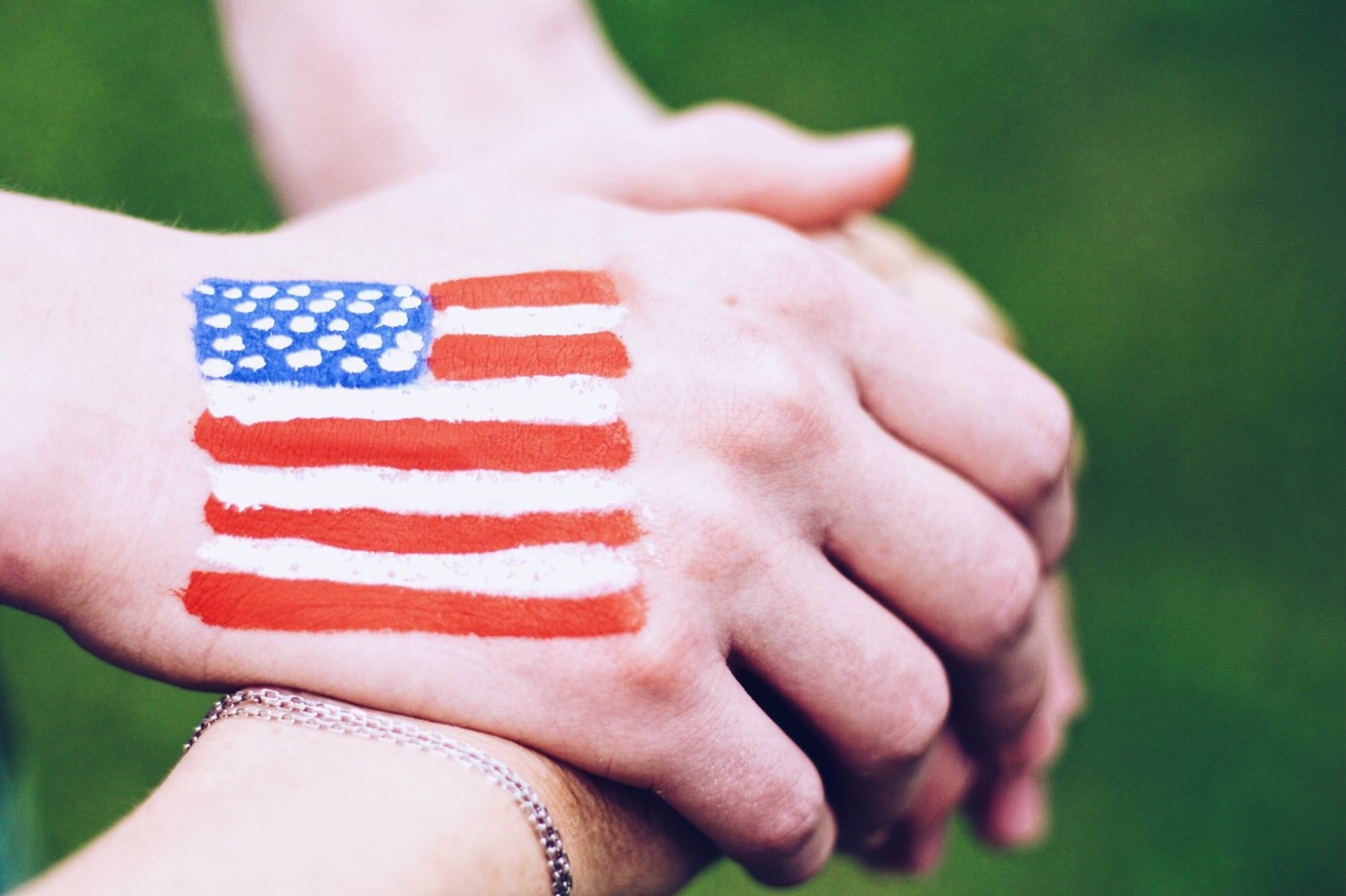Freedom from Addiction: A Guide to a Sober 4th of July

June 30, 2023
Celebrate Your Independence From Addiction
The 4th of July, celebrated with fireworks and backyard barbecues, marks the United States’ independence. But for those grappling with recovery from addiction, this holiday can present unique challenges. In this article, we guide you on how to navigate these challenges, embrace sobriety, and enjoy an enriching, alcohol-free Independence Day.
Recognizing the Importance of a Sober 4th of July
Sobriety isn’t just about abstaining from addictive substances; it’s a journey towards a healthier, happier life. As a matter of fact, acknowledging this fact is crucial on your road to recovery. Use the 4th of July as a reminder of your personal independence from addiction and focus on the freedom and fulfillment sobriety brings.
Planning for a Sober Celebration
Planning is an essential part of any successful recovery. Therefore, it’s a good idea to anticipate and prepare for potential triggers associated with holidays. Reach out to your support network—family, friends, and fellow members of your recovery community—and ensure they respect your commitment to sobriety. Choose environments that discourage substance use to protect your progress.
Engaging in Meaningful Activities for a Sober 4th of July
Hosting a sober gathering offers a fun way to celebrate the 4th of July with like-minded individuals. Plan a day filled with outdoor games, picnics, or even a patriotic movie night. Involve everyone in the planning process to ensure a festive, substance-free environment.
Finding Support in Sober Communities
Interacting with people who understand and support your sobriety journey can be empowering. There are numerous sober communities and support groups available. Sharing experiences and insights and finding encouragement within these communities can reinforce your commitment to sobriety.
Mindful Reflection and Self-Care
Take time on Independence Day to reflect and appreciate your progress towards recovery. Gratitude can be a powerful tool in combating addiction. Engage in activities that promote mindfulness and reduce stress, such as meditation, yoga, or a walk-in nature. Such practices contribute to overall well-being and support sobriety. In fact, many of these activities are offered in rehabs located in California.
Navigating Social Pressure and Temptation
Holidays often bring social pressure and temptation. Make your sobriety goals clear to those around you and be prepared to kindly but firmly decline offers of substances. Honesty about your commitment to sobriety helps to establish boundaries and fosters understanding and support from your loved ones.
Exploring Alternative Celebratory Beverages
Being alcohol-free doesn’t mean you can’t indulge in delicious, festive drinks. Try crafting mocktails that mimic the flavors and presentation of traditional cocktails. This creative endeavor can satisfy your taste buds and keep the celebratory spirit alive.
Creating New Traditions for a Sober 4th of July
Creating sober traditions that align with your recovery goals can help infuse your celebrations with purpose and fulfillment. Consider volunteering or expressing gratitude—activities that reflect personal values and contribute to a sense of achievement and self-worth.
Celebrating the Freedom of Sobriety
Above all, the 4th of July is an opportunity to celebrate the freedom sobriety has brought to your life. Embrace the joy of living without addiction and the authenticity it cultivates. Inspire others on their recovery journeys and be a beacon of hope.
The 4th of July can be a memorable and meaningful celebration, even without alcohol. Embracing sobriety, planning, engaging in meaningful activities, finding support, practicing self-care, and creating new traditions can facilitate a fulfilling, alcohol-free Independence Day. After all, your freedom from addiction is indeed a cause for celebration, and your journey can inspire others to reclaim their lives as well.

